CFMEU rebels in secret talks with Senate preferences adviser Glenn Druery
Queensland CFMEU boss Michael Ravbar has held secret talks with preferences adviser and Fatima Payman aide Glenn Druery about running candidates under a workers-party banner.
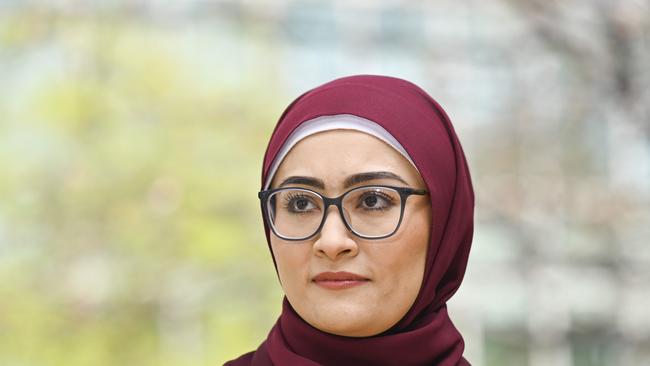
Blue-collar union dissidents including ousted Queensland CFMEU boss Michael Ravbar have held secret talks with Glenn Druery, the so-called preference whisperer and chief of staff to Labor defector Fatima Payman, about running worker-party candidates against the ALP at the federal election.
Senior union officials revealed Mr Druery met unionists including Mr Ravbar and Queensland Electrical Trades Union secretary Peter Ong at the Kingston Hotel in Canberra on October 28 where they discussed the prospect of the unions setting up a workers party to contest Senate positions.
Mr Ong told The Weekend Australian the meeting was organised by Mr Ravbar as the union officials wanted political advice from Mr Druery, including how to set up a new party or, as an alternative, run independent candidates under a workers-party banner.
Asked about the purpose of the talks with Mr Druery, Mr Ong said: “We’ve never set up a political party or run a political party so we need to talk to someone who’s played in that pond a bit. He’s certainly the man. I think they call him the preference whisperer.”
Senator Payman is due to speak alongside sacked Queensland CFMEU assistant secretary official Jade Ingham at a December 5 event in Melbourne headlined “why we stand with the CFMEU”.
She has also given notice of a Senate motion seeking to have CFMEU administrator Mark Irving appear before a Senate committee.
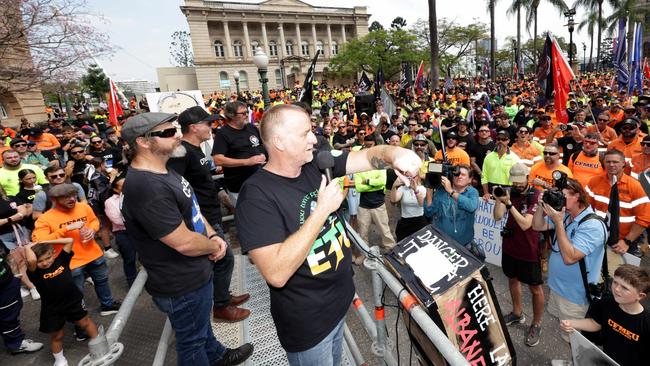
Mr Ong said blue-collar unions were “feeling pretty let down” by the ALP after the federal government put the CFMEU’s construction division into administration in the wake of damaging allegations that the union had been infiltrated by outlaw bikies and organised-crime figures.
“We see it as a direct attack on the trade union movement from the ALP who we thought was the political wing, or the workers’ party, so we’re a bit lost,” Mr Ong said.
“We’re a bit disenfranchised and feeling somewhat let down and looking for another avenue.”
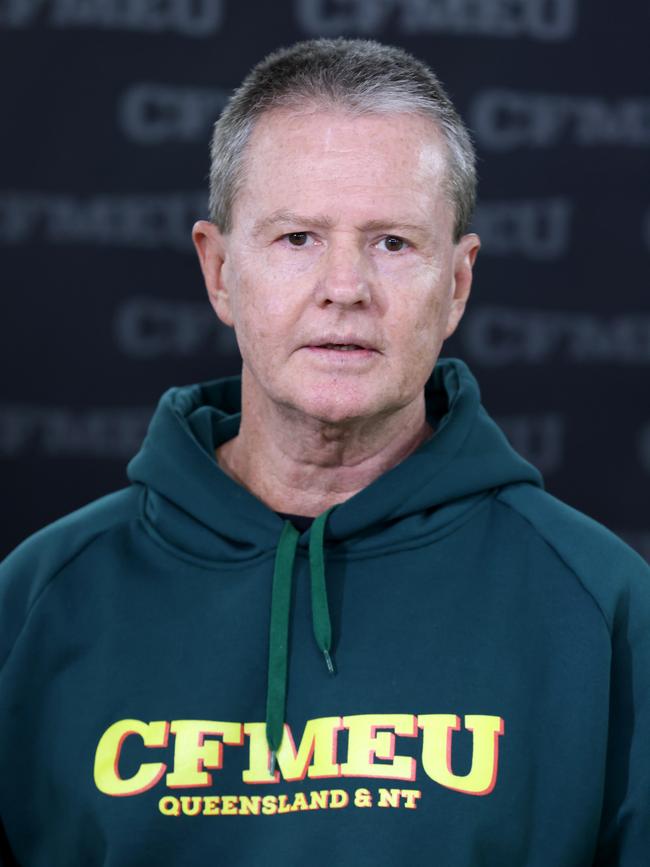
He said the Canberra meeting discussed signing up 2000 members to register the party with the Australian Electoral Commission. The AEC’s registration process takes four months and, given next year’s election must be held by May 24, he said the unions might not be able to sign up members and register the party in time so running independent Senate candidates was being explored.
“I think that could eat into Labor’s vote and probably the quickest way to get it done for this election is to run independents,” Mr Ong said. “That’s something we will be putting out there. I don’t think we are going in with any firm decision about which way we’re going with any of it.
“We would have to get it happening right now and, don’t worry, there are talks afoot. Whether we’ll get it done in time remains to be seen.”
He said the candidates could be pitched as a working-class alternative to the ALP.
“The whole reason it’s got us thinking that way is the fact that there are large numbers of workers who are looking for a party that is going to represent them,” Mr Ong said.
“They’re not seeing the Labor Party as that party anymore. They have lost their core values. They don’t seem to be willing to stand up and say we represent workers. They are more centre-aligned and closer to the LNP than they ever were. If we could come up with a party, we would gather a large percentage of the vote right now.”
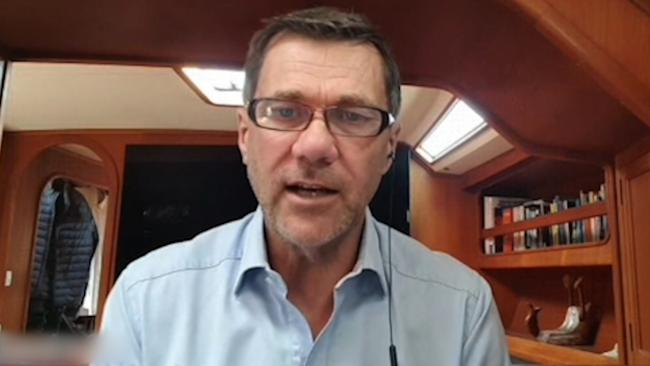
Electrical Trades Union Victorian secretary Troy Gray said the blue-collar unions’ political strategy, including running individual candidates at the election, would be discussed at its upcoming summit in Canberra, to be held the day before the High Court hears their legal challenge to the administration.
“One of the agenda items that will be discussed at length at the summit is what we do politically up to the next election and after it,” he said.
“One of those topics will definitely include the potential to run independent workers candidates amongst a number of other political options and that will be all debated and discussed on the 9th of December at the summit.”
The summit will discuss where to direct the significant political donations they have traditionally made to the ALP. Labor has banned donations from the CFMEU while the ETU is withholding more than $1m in donations to the party in protest at the government’s conduct.
Redbridge Group pollster and former Labor strategist Kos Samaras said unions running workers’ candidates, provided it was backed by a coordinated, funded, strategically executed campaign could hurt Labor’s vote at the election.
“If there is an alternate left-wing Laborite option on the ballot paper that could cause Labor a lot of pain because that’s effectively offering disaffected Labor voters (an alternative),” he said.
“At least half the Labor vote right now is soft. If they are smart and they do this properly, they could potentially decimate Labor in a very big way. If they run like a Climate 200-type operation in Labor seats. Well-funded, strategically executed, they will cause Labor a lot of problems.
“Another Labor version out there would be a serious problem for the Labor Party because there are a lot of voters at the moment sitting on Labor’s pile in critical seats that are in the departure lounge but don’t know where to go.
“It does have the potential to really cause significant haemorrhaging because people really do underestimate how soft Labor’s vote is. Now it’s not moving because they don’t want to vote for Dutton. It’s sitting in the low-30s. If you give a portion of that the option of voting for something that is not Labor, but not Liberal, not the Greens, but something that looks a bit more serious, I could see Labor’s primary collapsing.”
Mr Druery refused to comment when contacted. Mr Ravbar did not respond to requests for comment.




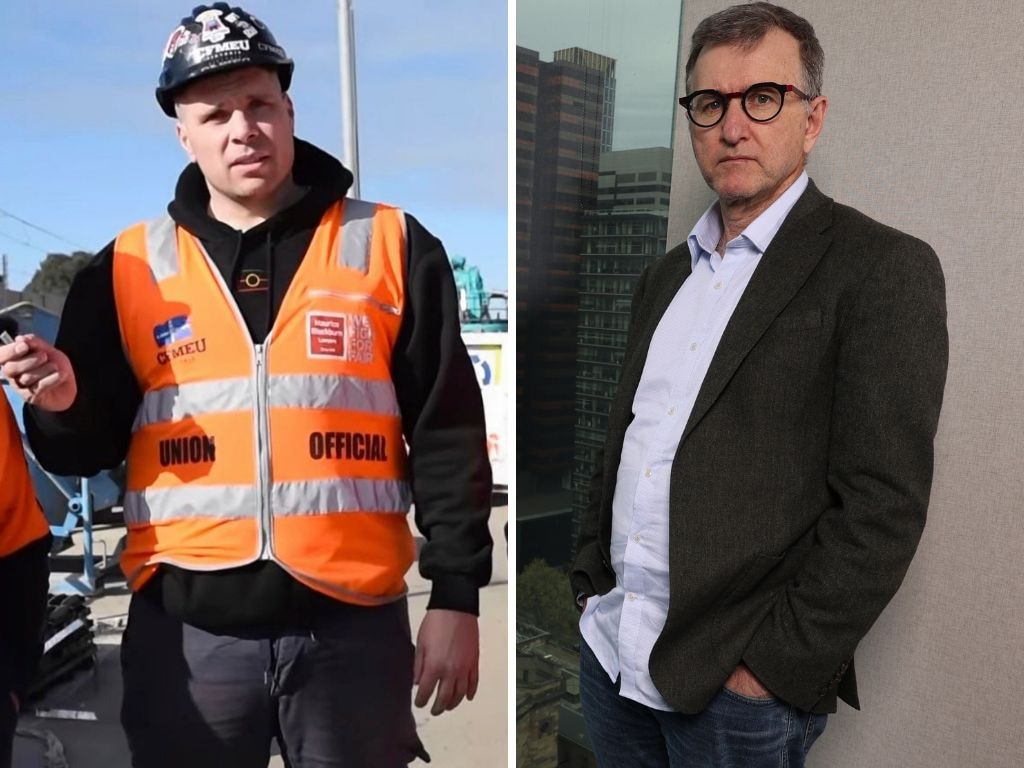

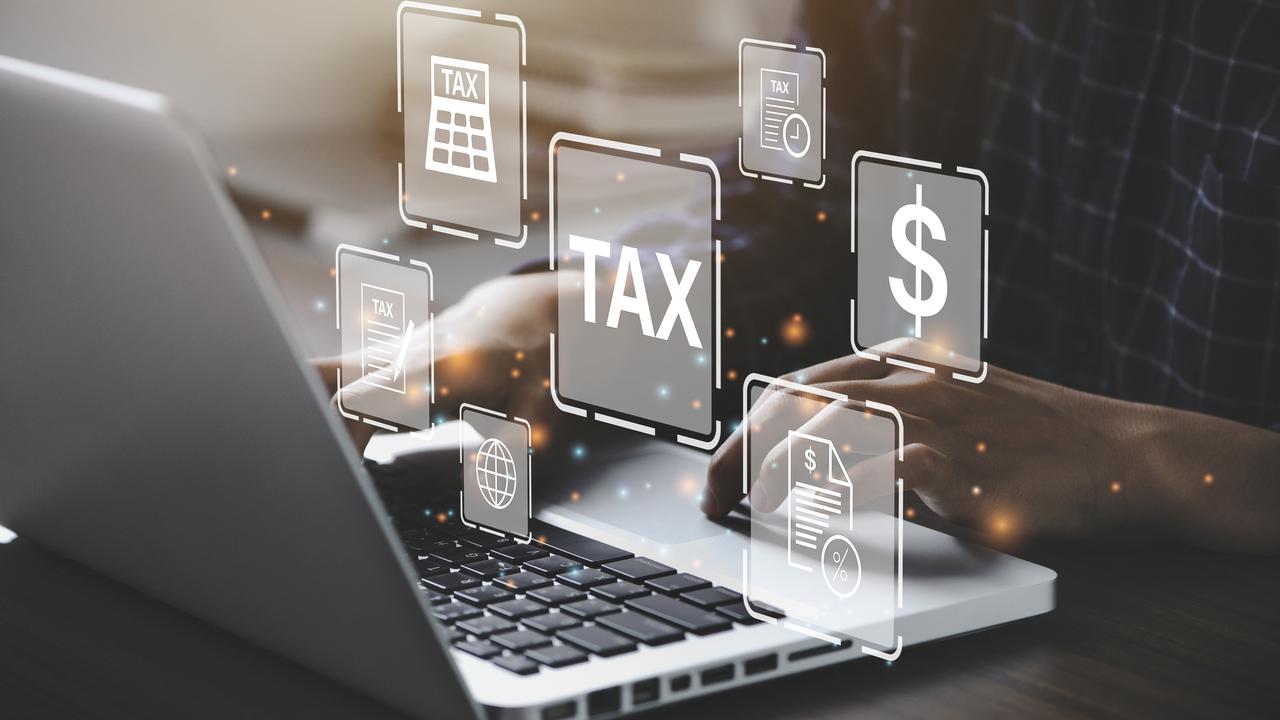
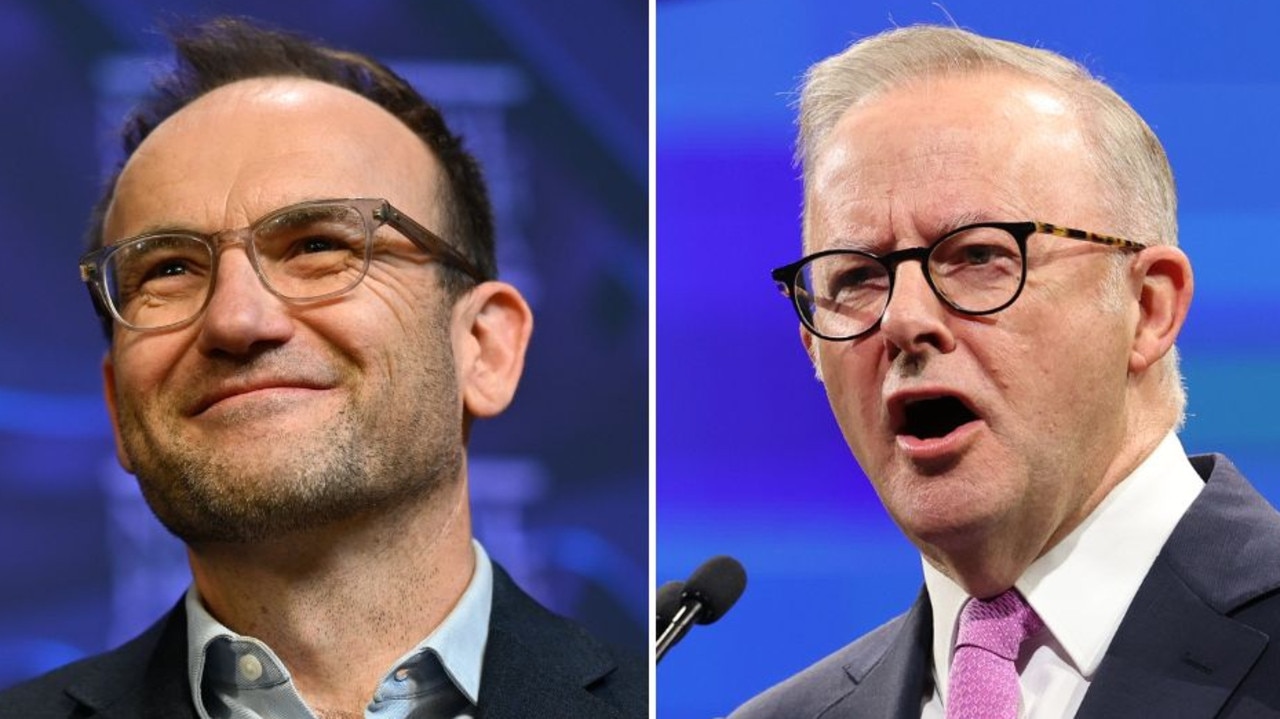
To join the conversation, please log in. Don't have an account? Register
Join the conversation, you are commenting as Logout